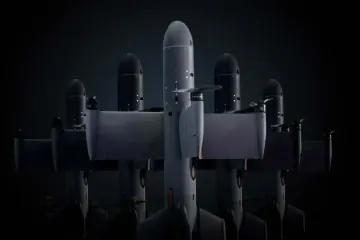- Category
- Opinion
Notes From the Munich Conference: Ukraine’s Tech Can Secure Europe’s Future
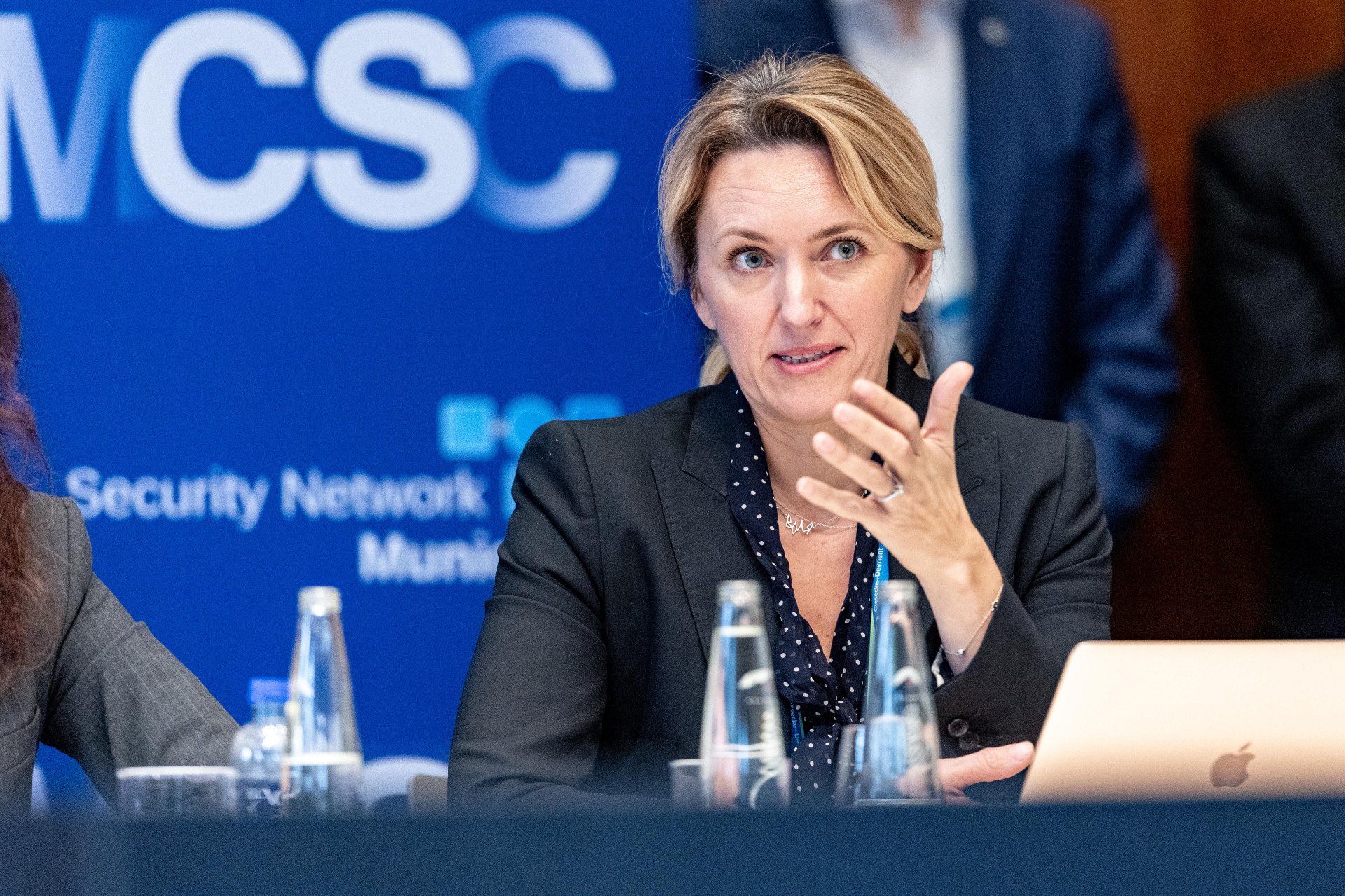
At the Munich Security Conference, one message echoed loud and clear: Europe must act—fast. For Ukraine, this is a chance to prove its innovation and resilience can help secure the future.
My purpose at the Munich Security Conference was clear and focused: to advance digital policy and cybersecurity partnerships that would position Ukraine as a leading innovation hub and raise international support. This wasn't just about representing the region and Ukraine's interests—it's about creating mutual value in a world where technological advantage is increasingly critical to be ahead of economic and military adversaries.
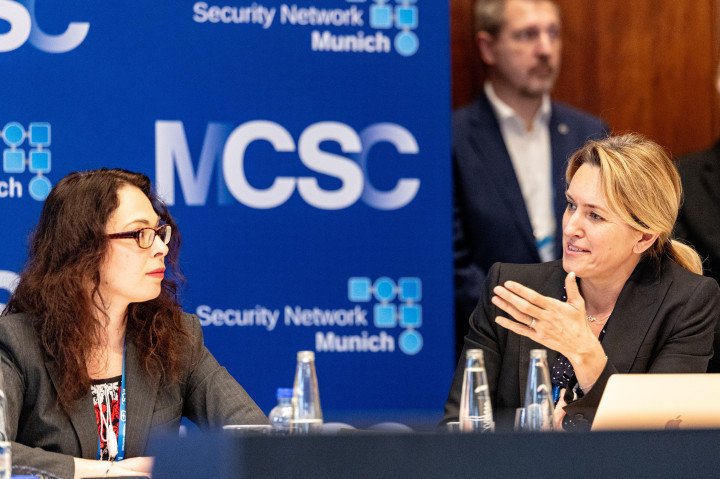
Behind the headlines
While the main stage speeches and public declarations captured headlines, the insights came from the corridors and closed-door meetings. While diplomacy often is a battle of words, wars are won on the ground through practical actions.
The new US Administration's policy positions on European defense spending and strategic autonomy, while generating public attention, weren't surprising to those of us working in the space and rushing through Munich corridors. Instead, what stood out was the growing recognition among participants that immediate action is needed, even as some continue to hit the snooze button on these wake-up calls.
Less talk about America and more work on European capabilities is the key here, particularly as the EU advances its Strategic Compass initiative and strengthens its rapid deployment capacity. With the prospect of reduced US financial support, Europe needs to focus on developing its defense industrial base more efficiently and cost-effectively. The emphasis is shifting toward rapid production capabilities and innovative solutions that can deliver military effectiveness at sustainable costs.
I enjoyed the focused conversations in the corridors. Gone are casual and relaxed coffee-table conversations, replaced by elevator-pitch-style interactions addressing practical questions and opportunities to work together. Munich's conference was built in 1963 to prevent future conflicts just after the war had ended and peace settled in Europe. Today, the war is at our doorsteps, and mood in Munich showed just that — we act now.
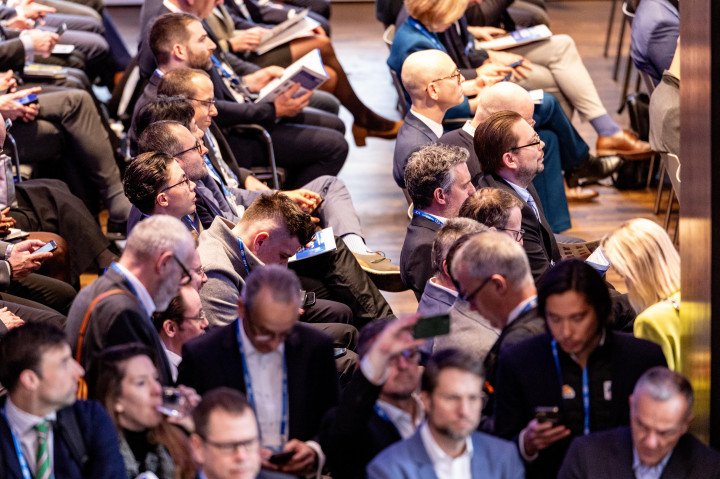
Transactional diplomacy
My favorite adjective of the last weeks' foreign policy discussions is transactional. As the US administration reshapes its foreign and security policy, partners are adapting their "lingua franca" and approach to maintain productive dialogue. Feels like echoes of the Realpolitik that emerged from Germany centuries ago.
When ideological alignments become complex, and values disperse, as witnessed in the Vice President JD Vance’s lecture on democracy and AI, partners naturally gravitate toward practical, measurable outcomes, whether in power dynamics or economic benefits. Everything can be transactional, defining and appreciating the value of transaction is of essence.
Strategic role of tech
The timing of the conference, following the AI Action Summit in Paris, where most of the tech-debate steam was released, actually allowed for a more focused discussion on immediate security and defense challenges in Munich. With the Paris Summit establishing frameworks for AI governance and risk assessment, Munich participants could focus on immediate security applications. Technology remained present, but through a practical lens: we need more of Ukraine's innovative success to be ahead in the military field over our adversaries (be it Russia or China) or to preserve supply chain from Taiwan and it's technology advantages being in Western sphere of influence.
In Socrates' Republic, Plato observes, "Our need will be the real creator." Today, Ukraine exemplifies this ancient wisdom, and its strongest asset is its innovation capability.
Beyond its natural resources like lithium or titanium, the country offers valuable human capital and a proven ability to develop practical solutions under pressure.
This innovation capability manifests in multiple ways. Ukraine's development of advanced electronic warfare systems and drone technologies has proven crucial in modern warfare. Their DELTA situational awareness system, which integrates multiple data sources for battlefield management, exemplifies their capacity for rapid innovation under pressure and simultaneous upgrade of systems.
What truly sets Ukraine apart is the combination of innovation with cost-effectiveness. Their ability to deliver high-performance solutions at a fraction of traditional defense industry costs is remarkable. Take their drone programs, for example—they've demonstrated that effective military capabilities can be developed at significantly lower costs than conventional systems or drones built in the West while maintaining operational effectiveness.
This presents a unique opportunity for international partnerships. Companies and countries can:
co-invest in and co-own innovative solutions,
test and deploy technologies in a real-world environment,
leverage Ukraine's infrastructure, knowledge and fast-paced environment to develop entirely new capabilities.
As a Ukrainian representative mentioned in our roundtable — “if your solution doesn't work in Ukraine, it might not be competitive in the global market.”
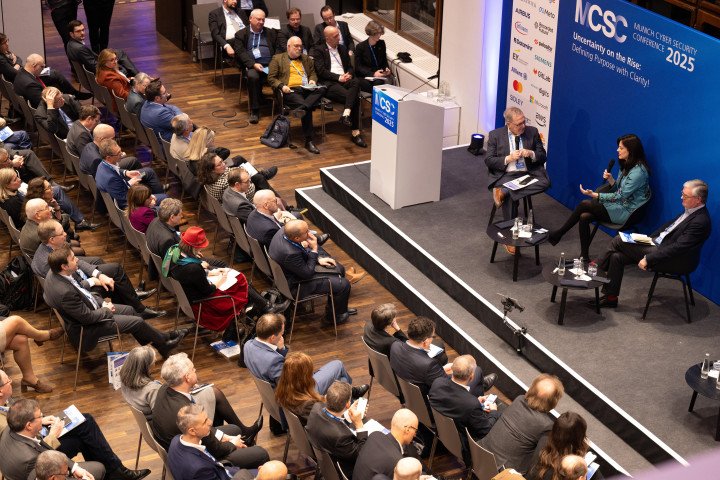
Forward movement
My takeaways from Munich are grounded in practical next steps rather than diplomatic platitudes. Having worked in security policy for over a decade, from arms control to NATO and EU integration, I recognize that the real value lies in turning high-level discussions into concrete actions. The conference reinforced both my own commitment and our partners' dedication to maximizing technology opportunities in Ukraine and Eastern Europe.
In this increasingly transactional world, Ukraine's technological capabilities offer a clear path to mutual benefit — one that strengthens both individual partners and our collective security posture.
-af81c26015dfd8a5ba94ea94254c2d6c.jpg)
-2c683d1619a06f3b17d6ca7dd11ad5a1.jpg)

-da3d9b88efb4b978fa15568884ef067f.jpg)
-73e9c0fd8873a094288a7552f3ac2ab4.jpg)
-f3bede69822b36ac993a6cd5b65014f9.png)

